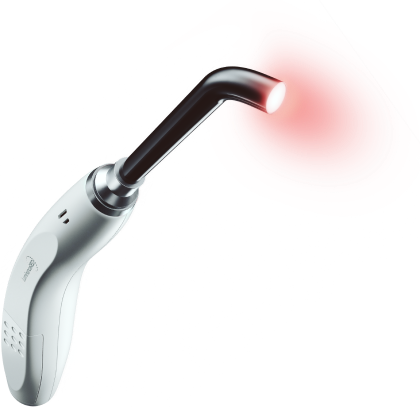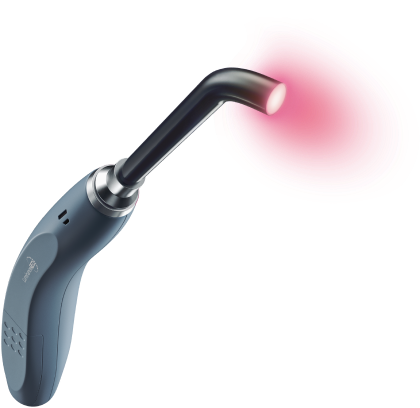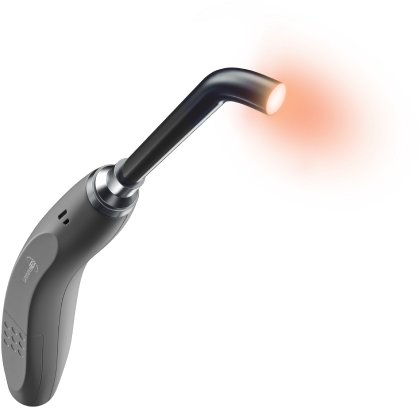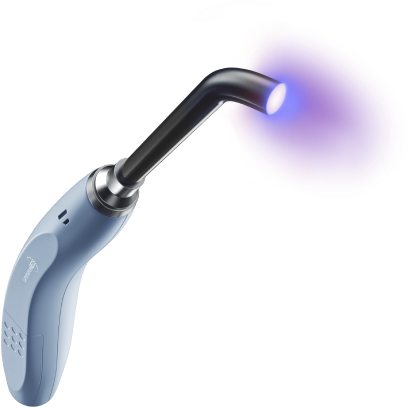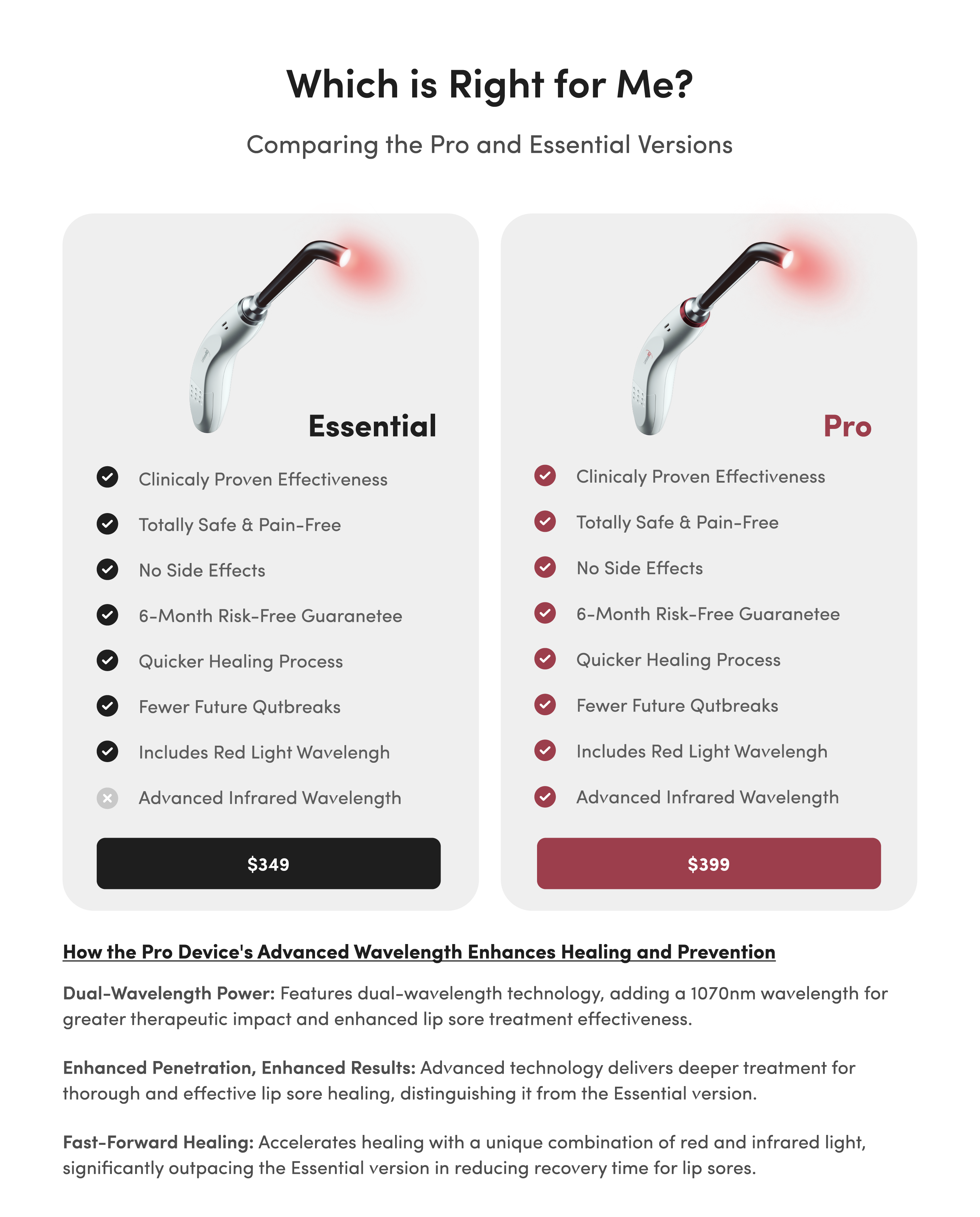Foods that Trigger Cold Sores: Foods to Avoid and What to Eat Instead
A cold sore is an embarrassing problem that may lead to you trying to cover up the blister any way you can. While you cannot stop them for good, you may be able to control the frequency of cold sore outbreaks with what you eat. Certain foods are known to contribute to a cold sore, so they're best avoided, while others can help prevent that painful, contagious blister.
What is a Cold Sore
A cold sore, also known as a fever blister, is a sore that appears around your mouth. It stems from a viral infection, called the herpes simplex virus (HSV). More specifically, cold sores are usually caused by the HSV-1 virus. You may notice burning, itching, or tingling around that area of your lips before a cold sore appears, usually around a day before formation.
You can acquire HSV-1 from another person who has a cold sore. Once you contract the virus, you will always have it. If you are not currently experiencing an outbreak, the virus has gone dormant for a period of time. Certain triggers can cause the virus to become active again, including a viral infection, fever, fatigue, stress, sunlight, wind, immune system changes, skin injury, or stress. Sometimes, a food you eat can trigger or worsen an outbreak.

Cold Sore Trigger Foods to Avoid
Foods Rich in L-Arginine
If you eat foods rich in arginine, it can worsen a cold sore. This is because the herpes virus requires arginine to replicate. If you deny the virus L-arginine, you can decrease how long the blister lasts and lessen its severity.
HSV requires L-Arginine to replicate. In vitro studies show that cells deficient in L-Arginine are unable to complete necessary steps for HSV to become infectious from it’s dormant state. Reduction in dietary intake of foods high in L-Arginine such as poultry, soy, beans, sunflower seeds, and nuts may affect viral replication but this has not been shown.
Processed Food
Avoid processed food as much as possible, especially during a cold sore outbreak. Certain ingredients in processed food decrease your immune system function. For instance, frozen food, processed pasta dishes, high-calorie snacks, and sugary breakfast cereals can all weaken your immune system, which makes it harder for your body to fight the cold sore virus.
Acidic Foods
Acidic foods and drinks can also make a cold sore outbreak worse. Soda, citrus fruits, tomatoes, and other acidic foods can enter a cold sore and further irritation and discomfort. Additionally, these types of foods and drinks can cause an already scabbed-over cold sore to reopen.
Hot and Spicy Foods
You may enjoy hot sauce on your chicken, but the popular condiment can unfortunately cause a cold sore to reopen and is likely to cause irritation and discomfort.
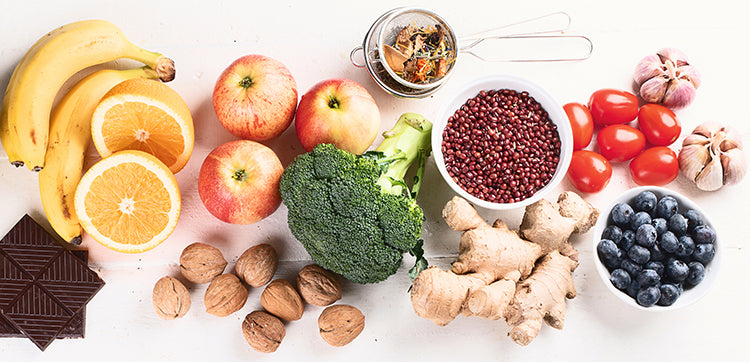
Foods That Combat or Prevent a Cold Sore
While many foods trigger cold sores, others may help to prevent an outbreak or cause it to clear up sooner.
Foods that Contain Lysine
Lysine, also known as l-lysine, is an amino acid. Your body doesn't produce it naturally, so you must obtain it from the foods you eat, such as beef, pork, fish, cheese, and fenugreek seeds. Since lysine decreases arginine activity, the virus struggles to replicate, which may help you prevent a herpes outbreak or clear an existing infection.
Foods Rich in Antioxidants
Antioxidants are substances in certain foods that slow or prevent cellular damage. Antioxidants play a role in healthy immune system function. Foods that are rich in antioxidants include kale and berries.
Vitamin C is one specific antioxidant found in many fruits and vegetables, such as oranges, bell peppers, and strawberries that may prevent cold sores or treat them. Vitamin C is known to boost your immune function.
B-Complex Vitamins
There are eight B-complex vitamins, including cobalamin and thiamine. These vitamins are necessary for a healthy metabolism. They also promote effective nerve function and cardiovascular health. They may also help boost your immune system.
Obtain B vitamins by eating foods like broccoli, eggs, green beans, and spinach.
Probiotics
You may have seen the commercials on TV about how probiotics help regulate your digestive tract, but probiotics may also play a role in immune support.
Probiotics are live, healthy bacteria that assist in the breakdown of food in your body and keep bad bacteria in your system at bay. Probiotics may boost your immune system so you can heal a cold sore outbreak faster or prevent one from even occurring.
Foods with probiotics include yogurt, sauerkraut, and pickles.
Foods High in Zinc
If you suffer from frequent cold sores, you may be able to reduce outbreak frequency by eating foods high in zinc. Zinc is a mineral found in every cell in your body that helps promote nerve function and metabolism. Foods that contain zinc include chickpeas and pork.
Stop Cold Sores in their Tracks
If you suffer from frequent cold sore outbreaks and often eat foods that trigger cold sores, consider altering your diet. By eating more foods that boost your immune system, prevent outbreaks, or help a cold sore heal quicker, you can fight against HSV replication and keep the virus dormant.
However, avoiding triggers won't always prevent a cold sore. If trigger avoidance isn't enough to stop and prevent outbreaks, we encourage you to try the Luminance RED, a FDA registered device proven to speed up the healing of cold sores, decrease the discomfort, and reduce the frequency of your outbreaks. Click here to learn more about how the Luminance RED works to help your body naturally fight against the herpes simplex virus.









